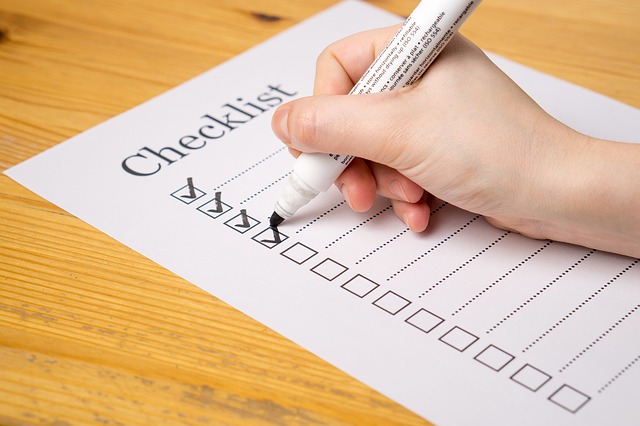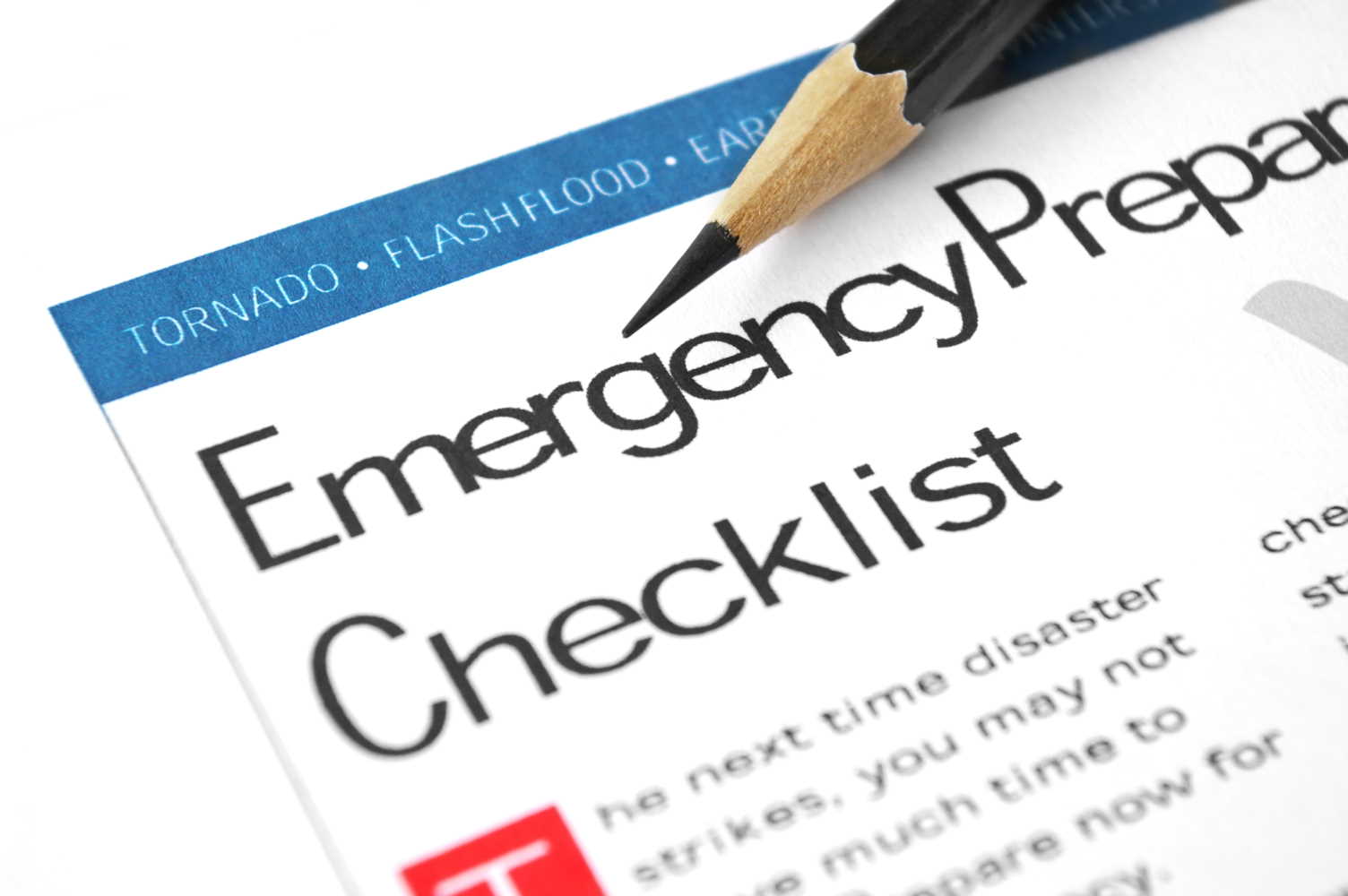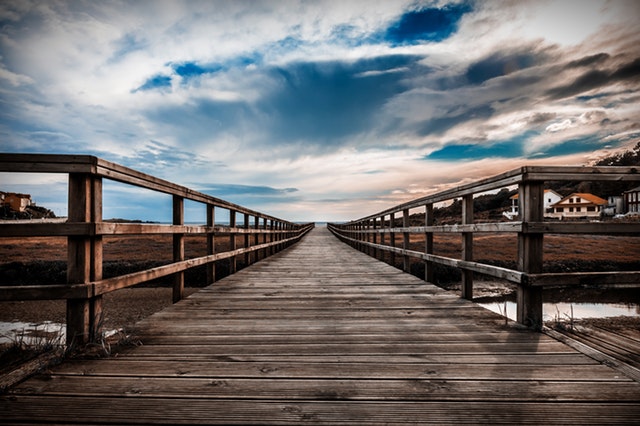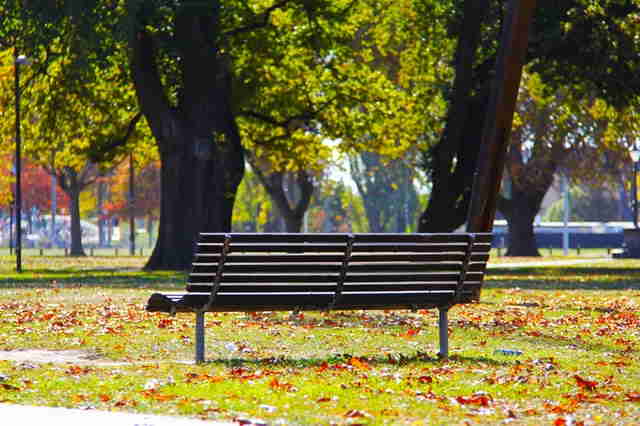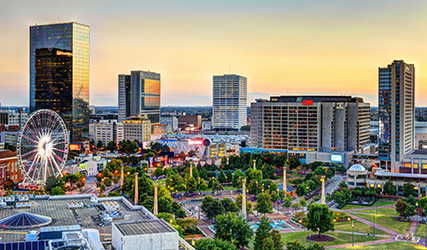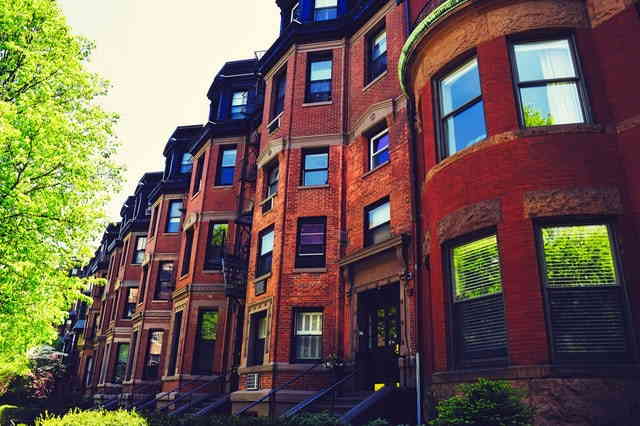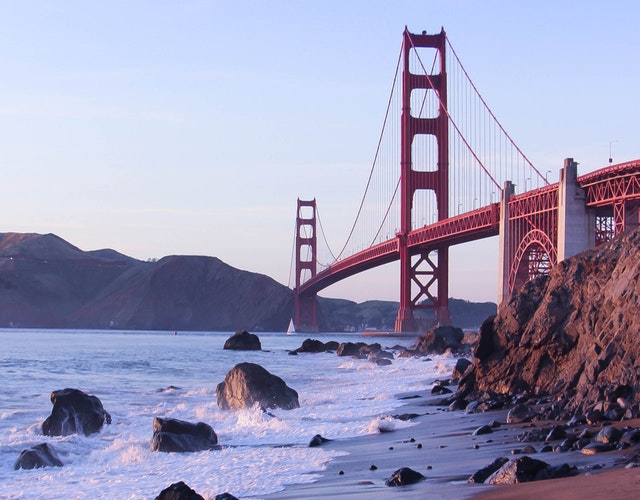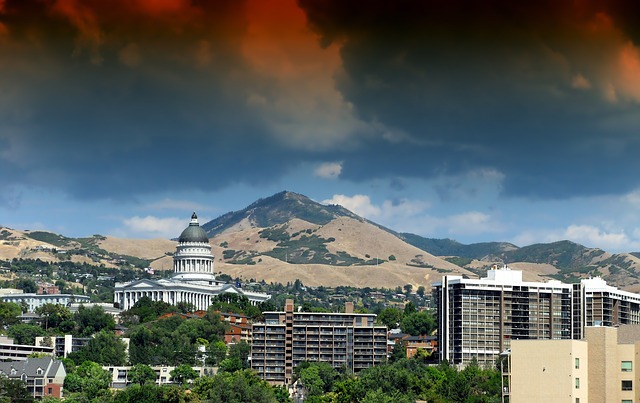For Renters: Tenant Rights & Natural Disasters
Numerous natural disasters have been in the national news over the past year. From massive flooding in Texas to wildfires in California, natural disasters have made people all over the country ask, “Am I prepared for an emergency?” And you may be one these people. As a renter specifically, what rights do you have after a hurricane, fire, or flood? While tenant rights vary by state, there are some general guidelines that can help you assess your situation.
Tenant Rights & Natural Disaster Know-How for Renters
Inspect any damage and alert your landlord as soon as possible.
As soon as it’s safe to do so, inspect your apartment and figure out what (if anything) was damaged. Immediately let your landlord know the condition of your apartment. They can arrange for repairmen to come to the property – ask your landlord to keep you informed of the plans and timeframe.
Understand the provisions in your lease.
In the event of a natural disaster – or, ideally, before a natural disaster strikes – the first thing you should do is re-read your lease. This is the governing document for you and your landlord, so brush up on what it spells out. You’ve signed on the dotted line, so it’s important to understand exactly what you’re personally responsible for.
The most important thing to examine in your lease is in regards to rent abatement or lease termination after a natural disaster, specifically if your apartment is partially or completely destroyed in a natural disaster.
- Rent abatement: This is a provision in your lease that says in the event the property is damaged, the landlord will allow you (the tenant) to suspend paying rent or only pay a portion of the rent until the property is repaired.
- Lease termination: A lease agreement doesn't end just because there was a hurricane. One party has to take action for the lease to formally terminate. Even if your building is non-livable, your landlord still has to officially give you notice that terminates the lease agreement.
You are still responsible for paying rent.
The only thing that gets you out of paying rent is terminating your lease – yes, even if your apartment is so damaged there is no way you can continue living there. If you’re unable to pay your rent on time due to the natural disaster, let your landlord know and request that they waive late fees.
If your apartment is severely damaged, you have the right to request a reduction in rent. If your unit is so damaged that you need to move, you can request that the lease be terminated so you can move out. Put everything in writing and send your landlord a certified letter. Until your lease is officially terminated, you are responsible for payment. Upon moving out, your landlord must return your security deposit.
Renter’s insurance may not cover damage from a natural disaster.
Landlords are not responsible for any of your belongings that might be ruined in a natural disaster. They’re responsible for the unit itself but not your possessions inside the unit – unless your lease says otherwise. This is where renters insurance comes in.
Renters insurance typically covers damage from fire, rain, hail, and wind. However, it’s your responsibility to read renters insurance policies very carefully, because policies differ. Renters insurance does not cover damage resulting from floods or earthquakes, but there is supplemental coverage that you can purchase for those scenarios. If you live in a “high risk” flood or earthquake area, this insurance can truly save the day.
If your apartment complex was damaged beyond repair or you’re simply ready for a fresh start, Apartment Search can help. Find a new apartment on Apartment Search and once you sign your lease, we’ll reward you with $200. That’s money to help you furnish your new place, or have a little fun. It’s up to you!
Additional Resources
15 Tips for Apartment Hurricane Preparedness
4 Apartment Mold Symptoms That Should Worry You
Apartment Fire Safety 101: What to Do Before & After
Apartment Parking Safety & Etiquette Tips
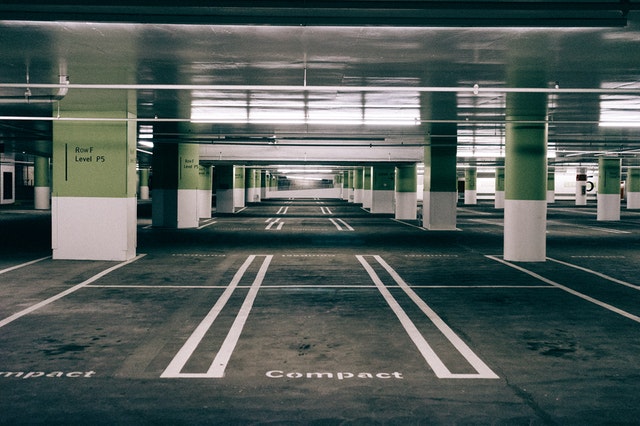
Apartment Rental Application Process
Apartment Safety and Security
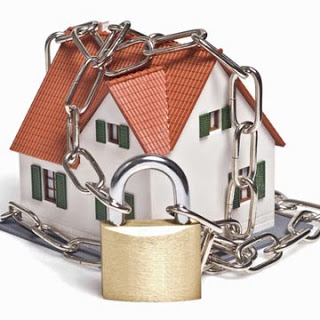
A Beginner’s Guide to Exploring New York City
A Beginner’s Guide to Oklahoma City, OK
A Beginner’s Guide To Philadelphia, PA
A Beginner’s Guide To Phoenix, AZ
A Beginner’s Guide to Pittsburgh, PA
Advice for Moving to Sacramento, California
Apartment Staging Tips

Student Furniture Rental
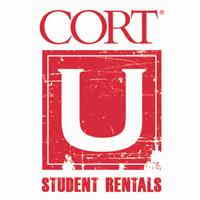
The Benefits of CORT Furniture Rental for Military Members

What Is the CORT Personal Service Guarantee?


